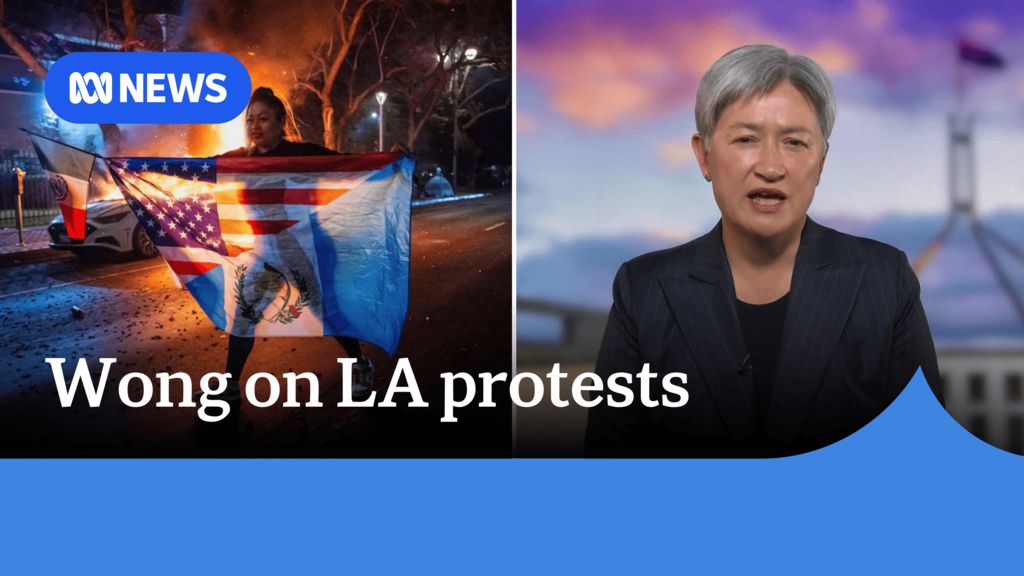
Australia’s Sanctions on Israeli Ministers Spark Political Storm at Home and Abroad
In a significant diplomatic move that has stirred both domestic and international waters, Australia has joined a coalition of countries—including New Zealand, Canada, Norway, and the United Kingdom—in imposing targeted sanctions on two far-right Israeli government ministers, Itamar Ben-Gvir and Bezalel Smotrich. These sanctions, which include asset freezes and travel bans, come in response to allegations that the ministers have incited violence against Palestinians in the West Bank. The decision, announced by Foreign Minister Penny Wong, has drawn both praise and fierce criticism across the political spectrum.
From the government’s perspective, these sanctions represent a clear stance on human rights and international accountability. Prime Minister Anthony Albanese emphasized that Australia remains committed to a peaceful resolution in the Middle East. He stated that the move aligns with Australia’s principles of justice and its long-standing support for both Israel’s right to exist in secure borders and the legitimate aspirations of the Palestinian people.
Also Read:- Remembering Juliette Powell: A Trailblazer in Media and Technology
- Padres Push Dodgers to the Brink but Fall Short in a Gritty NL West Clash
But the fallout has been swift. Shadow Foreign Minister Michaelia Cash has demanded a full explanation from the government, accusing Labor of misusing “Magnitsky-style” sanctions—typically reserved for serious human rights violations by autocratic regimes—against elected officials of a democratic ally. She insists the government clarify why these measures were chosen and whether the decision involved consultation with key allies like the United States.
Critics from within the Jewish community in Australia also argue that while Ben-Gvir and Smotrich are controversial, such sanctions could have the unintended effect of raising their profile rather than marginalizing them. Alex Ryvchin, co-chief of the Executive Council of Australian Jewry, warned that the sanctions might bolster the ministers' support among certain Israeli factions rather than deter them.
Meanwhile, the Greens have responded differently, welcoming the sanctions but lamenting their delayed arrival. Senator Nick McKim called them “far too little, far too late,” urging the government to take a firmer stance, including potential sanctions on Israeli Prime Minister Benjamin Netanyahu and broader measures against what he termed Israel’s “industrial war machine.”
As the coalition opposition continues to await a detailed briefing on the rationale behind this diplomatic shift, the question lingers: Has Australia drawn a principled line in the sand—or overstepped in a way that could complicate its foreign relations?
Regardless of perspective, one thing is clear—this move has sparked a moment of reckoning in Australian foreign policy, where values, alliances, and political accountability are now being intensely scrutinized both at home and abroad.
Read More:

0 Comments